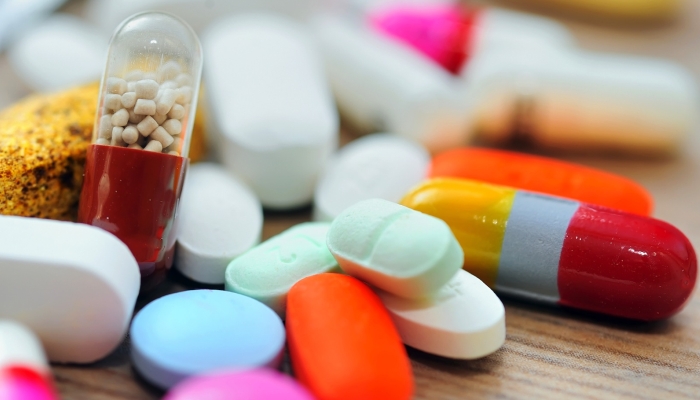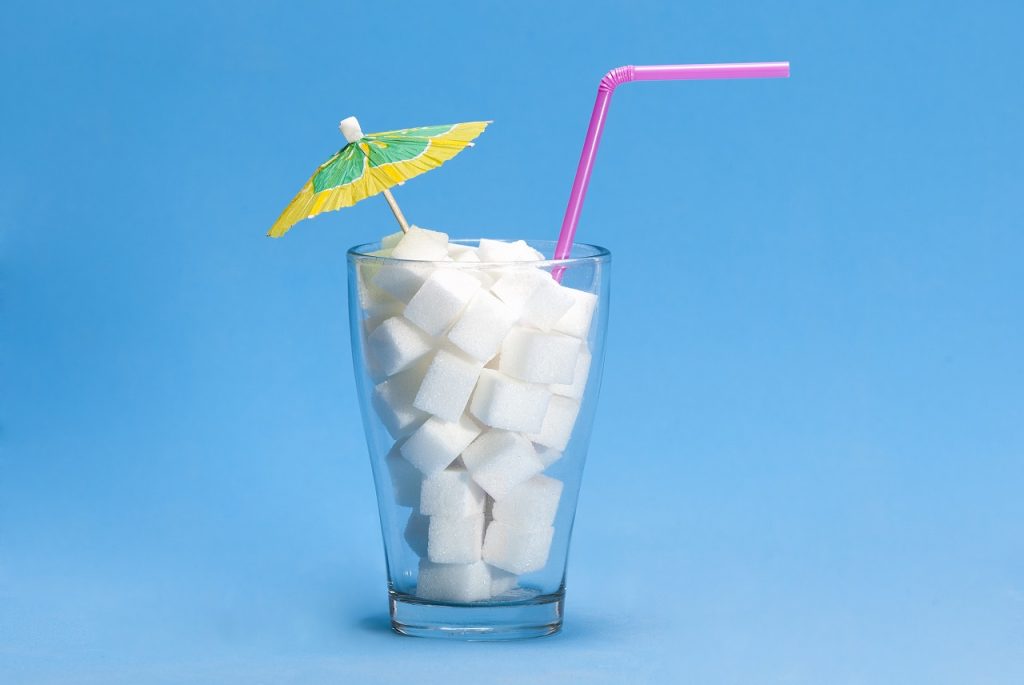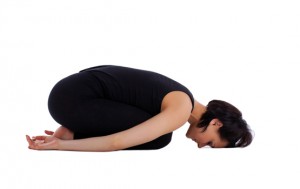
“For every drug that benefits a patient, there is a natural substance that can achieve the same effect.”
– Dr Carl C. Pfeiffer
Then why is it that drugs have become our first choice and not herbs? Well, the answer is obvious, in today’s fast-paced life we all want immediate results and while, some herbs do give immediate results for simple ailments, more serious ailments call for a longer treatment with herbs which most people don’t have the patience for. Also, at times the harm done is so extensive that we do need immediate results.
But, the biggest problem with allopathic medicines is their side effects, they might cure your ailment, but they more often than not, leave you with another one, resulting in the Doctor prescribing you another drug to reduce the side effect. This can sometimes become a vicious cycle.
From my personal experience, I understand that even though medication, long-term or temporary, sometimes is a necessity but, having further prescription drugs to counter the side effects of medications can usually be avoided by adopting simple home remedies instead.
So what are the most commonly occurring side effects of most allopathic medications?
Hyperacidity, constipation, diarrhoea, nausea, abdominal cramps, water retention, oral ulcers, weight gain, weight loss, bone and joint pains, hair fall, high blood pressure, liver toxicity, kidney toxicity, drowsiness and, even hallucinations.
So let us learn a few tips to keep in mind whenever on medication.
- Know your medicine – Don’t blindly accept whatever the Doctor has prescribed, without counter questions. Inquire about the side effect so that you are aware if it ever occurs, check the dosage too, and always make sure to ask your Doctor for the minimum dose required.
- WATER, WATER, WATER – Keep yourself hydrated, side effects occur because all oral medicines affect our whole body and not just the affected part. So drinking adequate water helps in flushing out the toxins present in drugs.
- Supplementation – Most drugs along with the ailment deplete our body’s vitamin and mineral stores, in turn leading to the side effects. So, why not replenish our vitamin stores instead of treating the symptom alone. Supplementation also helps in a quicker recovery.
Now; I know what my colleagues would be thinking “How can a nutritionist say take supplementation, instead of trying to get essential micronutrients through food?? “
Yes, like most nutritionists I do agree that healthy eating can keep giving us all the essential micronutrients that we need and that supplementation gives us synthetic vitamins and minerals which are not equally effective. But, the rules are changed when on medication, and to make up for the fast depletion and to prevent simple side effects, supplementation is key.
Now let’s take up those common Side effects individually and know what can be done about them.
Hyperacidity – If you have ever been prescribed an antibiotic, you would have noticed that your Doctor always prescribes an antacid along with it. And, it’s not only antibiotics that cause acidity, most drugs do.
DID YOU KNOW – antacids themselves can cause drug dependence, constipation or diarrhoea, the vicious cycle that I was talking about.
Instead, ditch the antacid and go for a glass of warm water with half a lemon squeezed in it – first thing in the morning. In fact, don’t wait till you get the acidity, start beforehand to prevent it, Plus lemon water also helps to remove those toxins I was talking about.
For severe acidity, you can have lemon water after every meal too. And for immediate relief, you can try chewing on a basil leaf – works same as 2 tbsp of prescribed antacid syrup.
Constipation – Another simple side effect, with a simple cure, though in the case of any complaint from the patient for constipation along with medicines, the Doctor will never fail to prescribe yet another syrup for relieving the symptom. The problem – drug dependence again. The Solution – adequate hydration, good soluble fibre in the diet, simple fruits like papaya, and bananas can work wonders.
In the case of severe constipation, a tablespoon of Psyllium husk (Isabgol), that is a naturally occurring fibre can work as good as any prescribed syrup.
Diarrhea – If it’s not constipation, it’s diarrhoea – more often than not diarrhoea is caused due to hyperacidity. So the above-mentioned lemon water works as the best prevention. Another quick age-old cure is black tea with lemon -tea contains astringent tannins that help reduce intestinal inflammation.
And to replenish the electrolytes lost during severe diarrhoea, just have simple ORS solution, lime juice (with sugar and salt), juices and coconut water at short intervals.
Nausea – Nausea or vomiting again usually subsides with lime juice and ORS solution.
Oral ulcers – Another common occurrence whenever someone is prescribed antibiotics. These are caused due to hyperacidity and depletion of B-complex vitamin stores in the body – So a supplementation of B-complex and the first prevention that is lemon water usually works best.
For severe and painful ulcers – applying honey on the affected area, and gargling with lightly salted water usually, helps alleviate the pain.
Water retention and weight gain – Almost 70% of weight gain due to medication is because of water retention. So by simply reducing our salt intake, upping our potassium intake and water intake, we can say goodbye to our water intake.
Fruits like sweet lime, oranges, tomatoes, and bananas are all high in potassium, and not to forget my favourite – coconut water.
Increasing our water intake also helps in reducing water retention.
Replacing some of our salt with black salt also helps in increasing your potassium intake and reduce sodium intake. Another big culprit of high sodium in processed food which can be easily avoided.
Water retention aside, the long-term use of some drugs – like oral steroids, antidepressants, Antihistamines, and even insulin can cause weight gain.
In such a case, eating healthy, and having a good exercise regime helps a lot. If a healthy lifestyle is adopted, these drugs are less likely to affect our waistlines. Knowing that the drug can cause weight gain also helps in making sure we try and avoid long-term use of the same.
Weight loss – With most medications, weight loss results due to severe loss of appetite, and the toll the ailment and its treatment is taking on the body. Good Proteins and good fats to supplement our diet along with medication helps a lot in preventing severe weight loss.
It is also important to understand that this weight loss is temporary and due to the condition, which can be reversed once the medication stops.
Bone and Joint Pain – Many drugs leach calcium from our body and some medicines can also cause depletion of Vitamin D. So, timely Calcium and Vitamin D supplementation along with prescribed drugs can usually reduce these symptoms.
Hair loss – Again, nothing but protein depletion, and your body’s proteins are getting used up elsewhere to fight inflammation.
Liver toxicity – Our liver should be cleansed timely, ailment or no ailment, side effects or no side effects. It may sound complex but, it’s really easy. A daily morning glass of lemon water on an empty stomach can detox your liver. For added toxicity or side effects, garlic is another excellent food to cleanse the liver. Just chew on a clove of raw garlic every morning, and the allicin (an organosulfur compound obtained from garlic) works wonders.
Kidney toxicity – Simple kidney toxicity or high uric acid levels can be easily corrected with just increasing our water intake, for cleansing the liver further, you can just add a cup of coriander or parsley tea to your routine daily.
Drowsiness – Drowsiness is usually just temporary, and again, knowing in advance that a drug can cause you to be sleepy, can prevent any serious damage.
Hallucination – Yes, some drugs do cause hallucination, again temporarily, And the best way to manage these is to be aware that the said drug can cause hallucinations. If we stay aware, it is less likely that the hallucination will scare or disturb us.
Follow the above and avoid complications due to medications.
We hope this article equips you with valuable insights on reducing the side effects of common medications. By incorporating these natural remedies and nutritional tips, you can manage your health more effectively while minimising adverse effects. If you found this information helpful, we’d love to hear your thoughts in the comments below. For further information or guidance, reach out to our certified experts by subscribing to GOQii’s Personalised Health Coaching here.
#BeTheForce
 Jaggery is one of the most common ingredients found in Indian kitchens. Apart from being one of the best natural sweeteners, it also offers a plethora of health benefits. It is good for your cardiac health, digestion, improved metabolism, blood circulation, respiratory system, menstrual cramp or pains, sexual potency and stronger immunity.
Jaggery is one of the most common ingredients found in Indian kitchens. Apart from being one of the best natural sweeteners, it also offers a plethora of health benefits. It is good for your cardiac health, digestion, improved metabolism, blood circulation, respiratory system, menstrual cramp or pains, sexual potency and stronger immunity.








